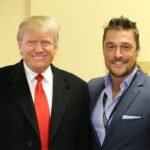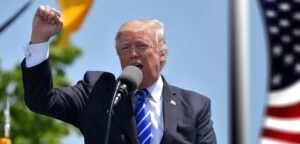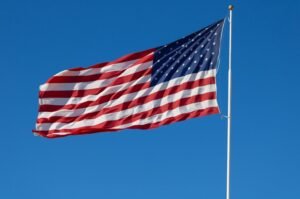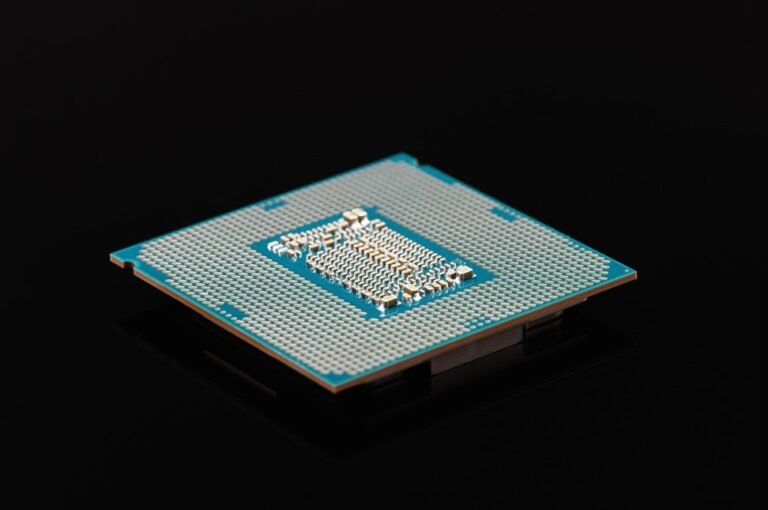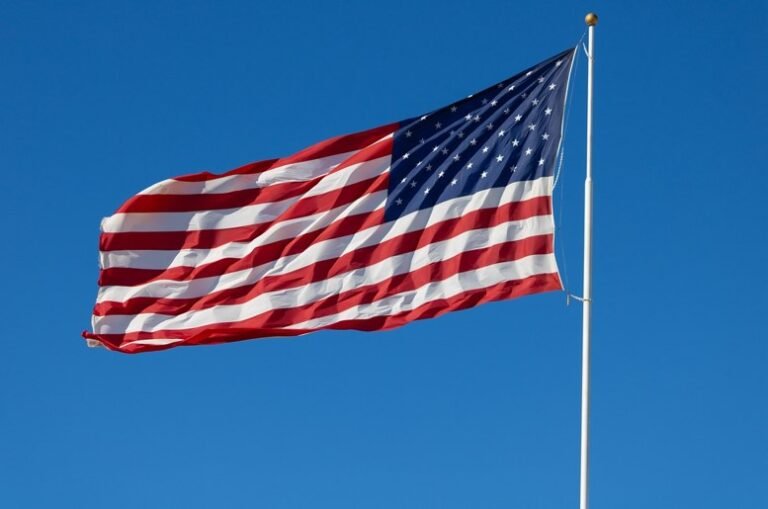In what is being described as a politically charged and potentially disruptive decision, former President Donald Trump has reportedly removed the chief of the United States Copyright Office. This unexpected shake-up could have far-reaching implications for the future of digital copyright enforcement, the tech industry, and creative communities across the country.
According to sources close to the matter, the decision was made without public consultation and has already begun to trigger responses from legal experts, digital rights activists, and leaders in the technology sector. The dismissal comes at a critical time when the U.S. is navigating the complexities of modern intellectual property laws in an age dominated by digital media, streaming platforms, artificial intelligence, and global content sharing.
The Role of the US Copyright Office
The US Copyright Office, operating under the Library of Congress, is tasked with administering copyright laws, registering works, and advising Congress on emerging copyright issues. Its leadership plays a crucial role in interpreting outdated statutes in the face of rapidly evolving technologies.
Under the now-dismissed chief, the Office had begun implementing digital modernization efforts designed to make copyright registration faster, more accessible, and technologically up to date. These initiatives were welcomed by creators, developers, and digital rights organizations for helping to balance innovation with protection of intellectual property.
However, the sudden leadership change suggests possible ideological or political disagreements over how copyright policy should evolve in the digital age.
Impact on Digital Copyright Enforcement and the Tech Industry
The digital economy thrives on content whether videos on YouTube, music streaming on Spotify, code repositories on GitHub, or memes circulating on social media. As such, the US Copyright Office has become increasingly important in shaping how digital content is protected, licensed, and enforced.
This leadership transition could disrupt ongoing modernization efforts and potentially influence high-stakes debates around:
- Section 512 of the DMCA (Digital Millennium Copyright Act), which governs online service provider liability
- Fair Use doctrine, particularly as it relates to reaction videos, remixes, and transformative content
- Artificial Intelligence-generated content and questions of authorship and ownership
- Blockchain and NFTs, where new forms of digital ownership are testing legal boundaries
According to a report by the Electronic Frontier Foundation (EFF), political interference in copyright regulation can lead to overreach and policies that unfairly benefit legacy media companies at the expense of individual creators and smaller platforms.
From Tech Leaders to Creative Communities
The removal has sent ripples through Silicon Valley and the broader creative community. Leaders in the tech industry, especially those in content distribution, digital publishing, and SaaS, are closely watching to see how this affects enforcement practices and regulatory consistency.
Technology platforms like YouTube, TikTok, Instagram, and Twitch, which rely on user-generated content, face increasing pressure to comply with stricter copyright rules. A shift in leadership priorities at the Copyright Office could lead to more aggressive takedowns, broader liability, or legislative changes that impact how platforms handle content moderation.
Creators, on the other hand, are voicing concerns that political appointments could erode fair use protections and stifle creative freedom. The lack of transparency surrounding the removal has only fueled fears that copyright enforcement may be increasingly influenced by lobbying groups rather than balanced policy frameworks.
Political and Legal Ramifications
Although no official reason has been provided for the removal, several insiders speculate that the former President’s decision may be linked to lobbying efforts by large entertainment companies that seek more control over how their intellectual property is managed online.
Critics argue that this could be part of a broader trend of politicizing traditionally nonpartisan agencies for strategic gains. If true, this could weaken the institutional credibility of the Copyright Office and set a precedent for future administrations to override legal independence for political objectives.
This development may also reignite discussions in Congress about how to insulate intellectual property institutions from political influence. Legal scholars have long debated the need to restructure the Copyright Office to increase autonomy and transparency.
For a deeper analysis on copyright law and its modernization challenges, the Harvard Journal of Law & Technology offers detailed insights into the balance between innovation and protection.
What Comes Next?
It remains unclear who will be appointed to replace the ousted chief, but the incoming leadership will undoubtedly face mounting pressure from multiple stakeholders: lawmakers, creators, technology firms, and civil liberties groups.
The stakes are high. At a time when content is global, platforms are AI-driven, and ownership is increasingly ambiguous, the direction of the US Copyright Office could either fuel innovation or impose constraints that echo across industries.
Whether this leadership change leads to meaningful reform or bureaucratic regression depends largely on public scrutiny, Congressional oversight, and continued advocacy by digital rights organizations.





